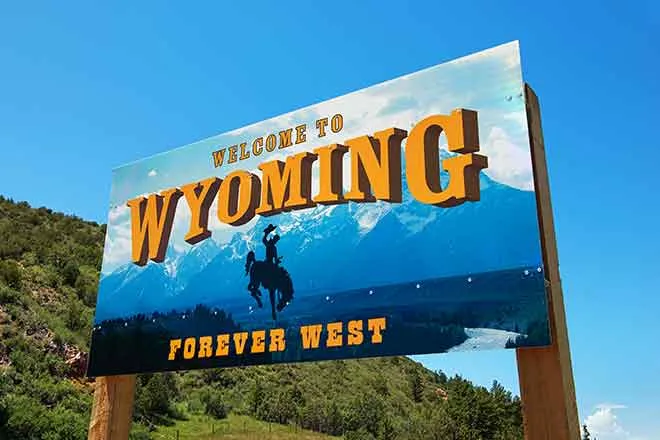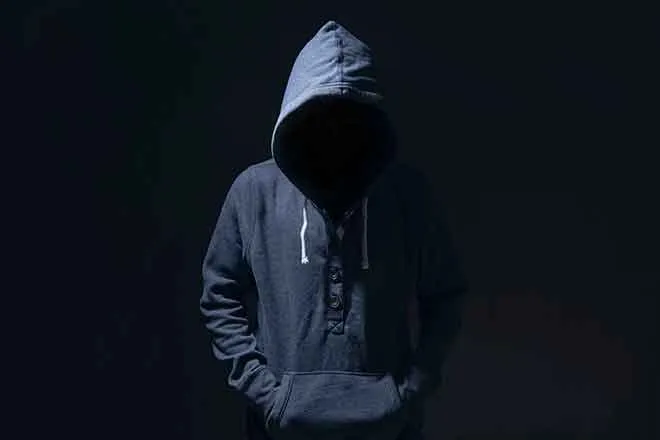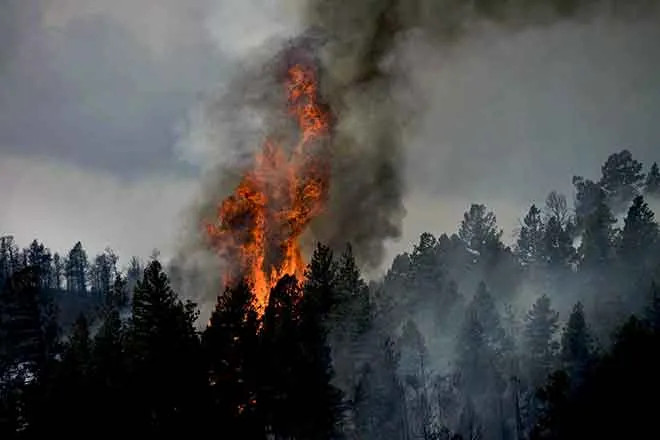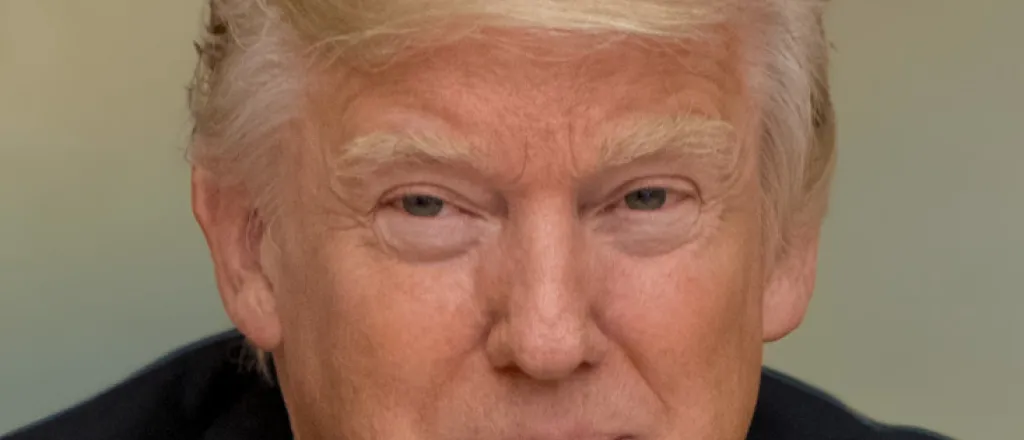
After Trump assassination attempt, defining democracy gets even harder
Click play to listen to this article.
(Wisconsin News Connection) The Republican National Convention is underway in Milwaukee and the assassination attempt on former President Donald Trump is a focal point.
Voters and academics also wonder how democracy is being defined amid turbulent political times. There have been calls from both parties to tone down the rhetoric after the weekend shooting. But there is still finger-pointing, with Trump supporters saying he has been "demonized" by those who say he is a threat to democracy. And in condemning violence, many Democrats said Trump has contributed to the hostile environment himself.
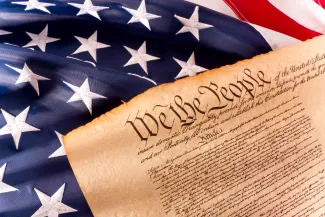
Mary Anderson, a voter from Arbor Vitae in northern Wisconsin, agrees the mood has grown overly toxic.
"There's no compromise. No one can talk to one another," Anderson observed. "It's just so polarized and it's getting worse."
Anderson, who has had family members vote Republican, does not like Trump's overall tone, saying he is too focused on grudges. She worries how the Project 2025 plan written by allies in his circle would affect women's civil rights. Trump has tried to distance himself from the plan.
Political scientists said the democracy debate is in a deep stalemate because voters no longer have a shared vision of how it should function.
Mindy Romero, director of the Center for Inclusive Democracy at the University of Southern California, said it was not always the case. She pointed out voters used to largely agree on upholding democratic institutions in the same way. But she noted people have become disillusioned about politics, leading to more extreme actions in influencing the election process.
"We're at a state right now that even the word 'democracy' means different things, clearly, to different sets of Americans," Romero pointed out.
She explained the shift has led to different voting laws, intimidation at polling sites and, in some cases, violence. To restore healthy debate, she encouraged people to research information from nonpartisan civic engagement centers and secretaries of state. In the end, she added politicians take cues from voters who have yet to fully show they are ready to move on from the current environment.
"Every campaign and set of advisers and political strategists are always thinking about what can they do to win," Romero stressed.
In pursuit of election success, she argued a larger group of politicians will have to strongly disavow hateful ideology, leaving voters with different messaging to latch onto. Romero is part of a group of bipartisan election administrators, scholars and others releasing a new letter demanding less violent rhetoric.



